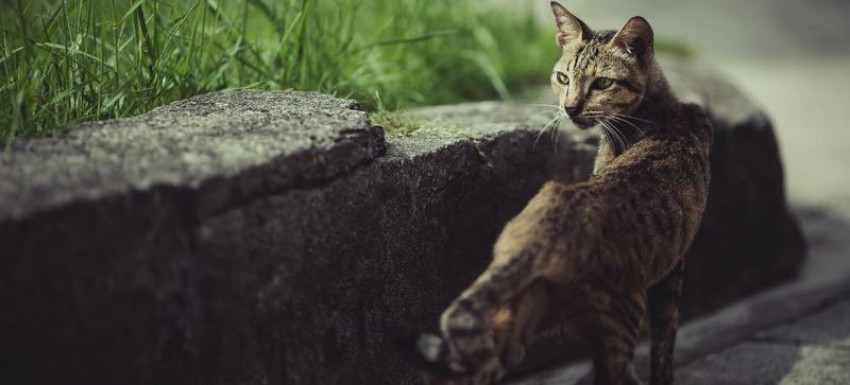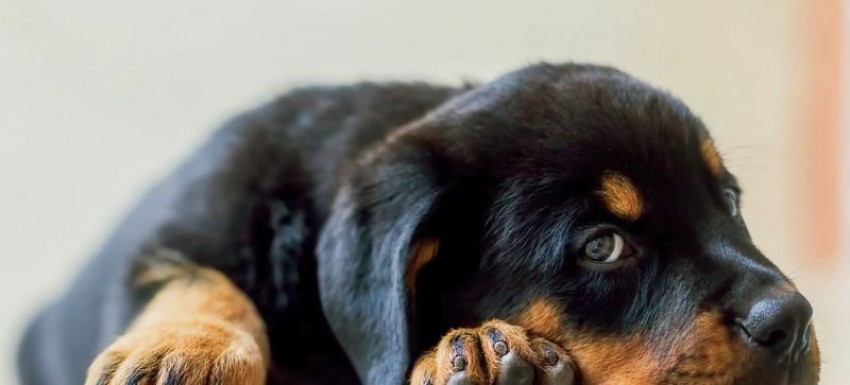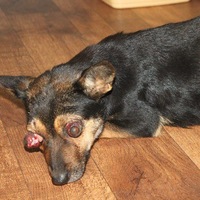Inflammation of the para-anal glands in cats: diagnosis and treatment
 Inflammation of the para-anal glands in cats: treatment
Inflammation of the para-anal glands in cats: treatment
If the cat rides the floor on the priest, licks or scratches it, then it is possible that the cat has inflammation of the para-anal glands.
Paraanal glands in cats
Paranal glands – two small sacs located on the sides of the anus. These are sebaceous glands that produce an unpleasant-smelling liquid, which is called the “secret.”
Paraanal glands of cats – treatment of inflammation in Moscow
Why are paraanal glands needed for cats?
With the paraanal glands, the cat marks the territory. A small amount of secretion is released when the cat goes to the toilet, adding an individual smell to the feces.
Causes of inflammation of the paraanal glands of cats
Inflammation and / or infection of the glands can be caused by a number of reasons. If the paraanal glands overflow, the secret becomes darker, and the consistency becomes denser.
Bacteria that are normal in the feces can penetrate into the glands. Usually these bacteria are washed out with a secret back into the rectum during a bowel movement. But if secretions are disturbed, bacteria can begin to multiply in the gland, causing inflammation. In this case, the discharge becomes bloody, the anal glands of cats are filled with pus. An abscess develops. It looks like swelling on one or two sides of the anus of a cat. This swelling causes pain in the cat when pressed. If the abscess does not heal the pressure in the anal gland will increase, until the abscess does not open through the skin, leading to rupture of the anal gland. Pus can also spread to surrounding tissues, resulting in severe damage to surrounding tissues.
Symptoms of inflammation of the paraanal glands of cats
Symptoms depend on the severity and cause of the disease.
Cat crawls booty on the floor
Cat licks / bites ass
Discharge from paraanal glands
Seals on one or two sides around the anus
With abscess – purulent or bloody discharge from the opened “abscess”, next to the anus (see photo below)
Paraanal glands of cats – treatment of inflammation in Moscow
Inflammation of the glands is painful and even usually affectionate cat can scratch and bite when trying to examine the affected area under the tail.
In some cases, indigestion or diarrhea is observed 1-2 weeks before the appearance of signs of inflammation of the para-anal glands in the cat.
If you find similar symptoms in your cat, we recommend contacting a veterinary clinic. 24-hour veterinary clinic Constellation in NEAD, near metro station ENEA.
Treatment of inflammation of the para-anal glands in the cat
Usually the treatment consists of cleaning the para-anal glands by emptying them. If there is an infection, antibiotics are prescribed. If an abscess or rupture occurs, an operation will be required. Most cats are given painkillers and antibiotics for several days to relieve swelling and inflammation.
Inflammation of the anal glands of cats can be cured?
Repeated disease of para-anal glands in cats occurs infrequently. However, some overweight cats develop chronic inflammation. In obese cats, the anal glands are emptied poorly. For these cats, the output may be an increase in fiber in the diet. If the cat has seen inflammation of the glands several times, the diet does not help, the para-anal glands are removed surgically. Since domestic cats do not need to mark the territory, the removal of para-anal glands will not adversely affect the cat’s life.



